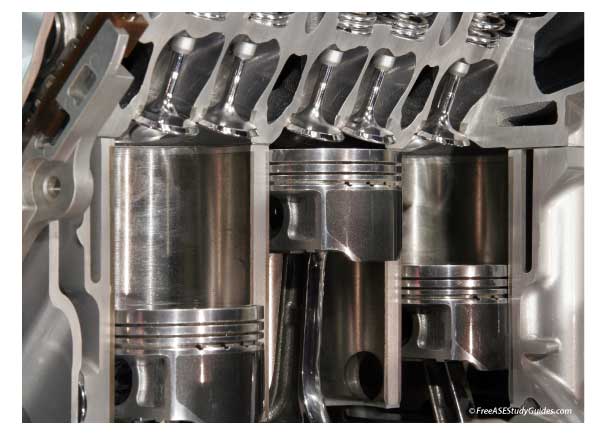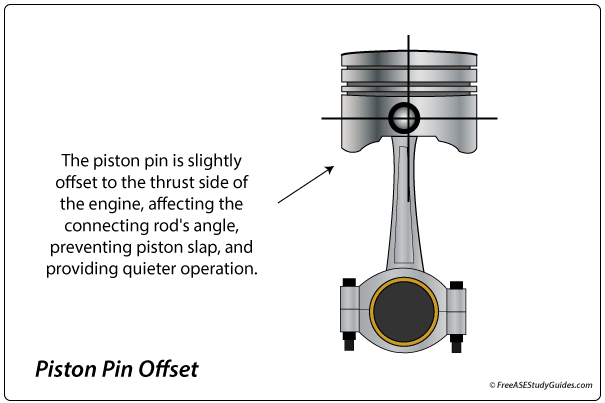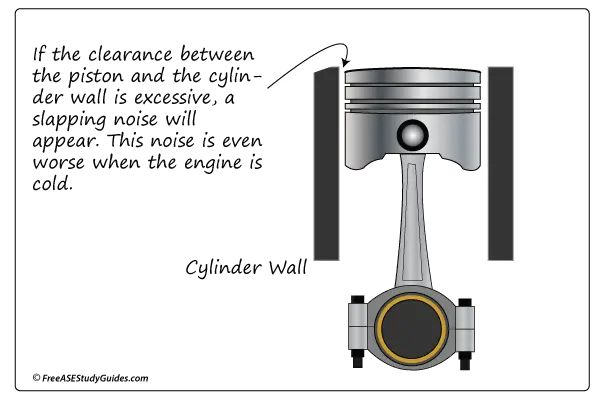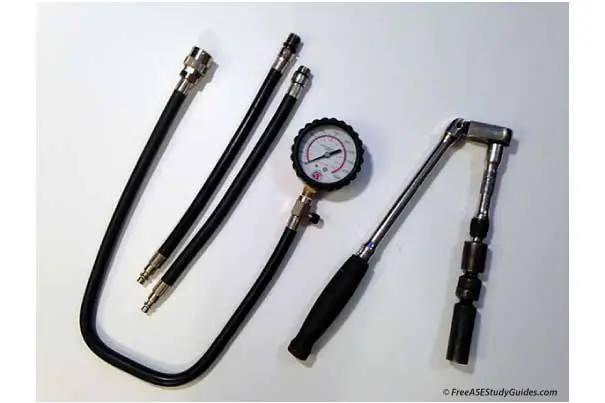Piston Slap and Cylinder Wall Clearance

Excessive piston-to-wall clearance and side-to-side movement cause a knocking sound called piston slap. It is a problem with older high-mileage engines. The clearance between the piston and the cylinder wall increases, causing the pistons to rock back and forth in their bores.

To reduce noise and wear, pistons with piston pin offset have the pin toward the major thrust side of the engine. Most pistons are oval-shaped, with more diameter around the thrust side than around the piston pin side. It expands and fills in the piston pin side as the engine warms, making it round. These are called cam ground pistons.

Most pistons are made of aluminum; when cold, they are at their smallest. Depending on the severity, the piston slap may lessen or go away as the engine reaches operating temperature. As the metal heats, the pistons expand and fit tighter in the cylinder bores. The clearance between the piston and the cylinder walls has decreased along with the noise.

Run a wet compression test to see if a cylinder's seal meets specifications. The piston rings are at fault if the compression gauge indicates an increase after adding oil. If the readings change little or stay the same, the head gasket, a valve, or the seat is faulty. Check for TSBs and any manufacturer's special procedures.